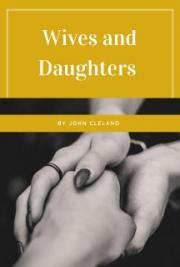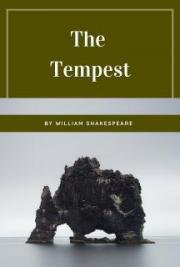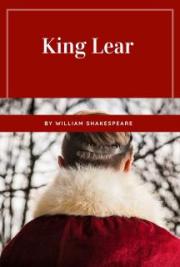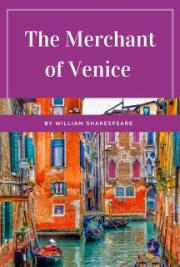Epilogue
(Spoken by Mrs. Mountford).
Could poets but foresee how plays would take,
Then they could tell what epilogues to make;
Whether to thank or blame their audience most.
But that late knowledge does much hazard cost:
Till dice are thrown, there's nothing won, nor lost.
So, till the thief has stolen, he cannot know
Whether he shall escape the law, or no.
But poets run much greater hazards far
Than they who stand their trials at the bar.
The law provides a curb for it's own fury,
And suffers judges to direct the jury:
But in this court, what difference does appear!
For every one's both judge and jury here;
Nay, and what's worse, an executioner.
All have a right and title to some part,
Each choosing that in which he has most art.
The dreadful men of learning all confound,
Unless the fable's good, and moral sound.
The vizor-masks, that are in pit and gallery,
Approve, or damn, the repartee and raillery.
The lady critics, who are better read,
Inquire if characters are nicely bred;
If the soft things are penned and spoke with grace;
They judge of action too, and time, and place;
In which we do not doubt but they're discerning,
For that's a kind of assignation learning.
Beaus judge of dress; the witlings judge of songs;
The cuckoldom, of ancient right, to cits belongs.
Thus poor poets the favour are denied
Even to make exceptions, when they're tried.
'Tis hard that they must every one admit:
Methinks I see some faces in the pit
Which must of consequence be foes to wit.
You who can judge, to sentence may proceed;
But though he cannot write, let him be freed
At least from their contempt who cannot read.







